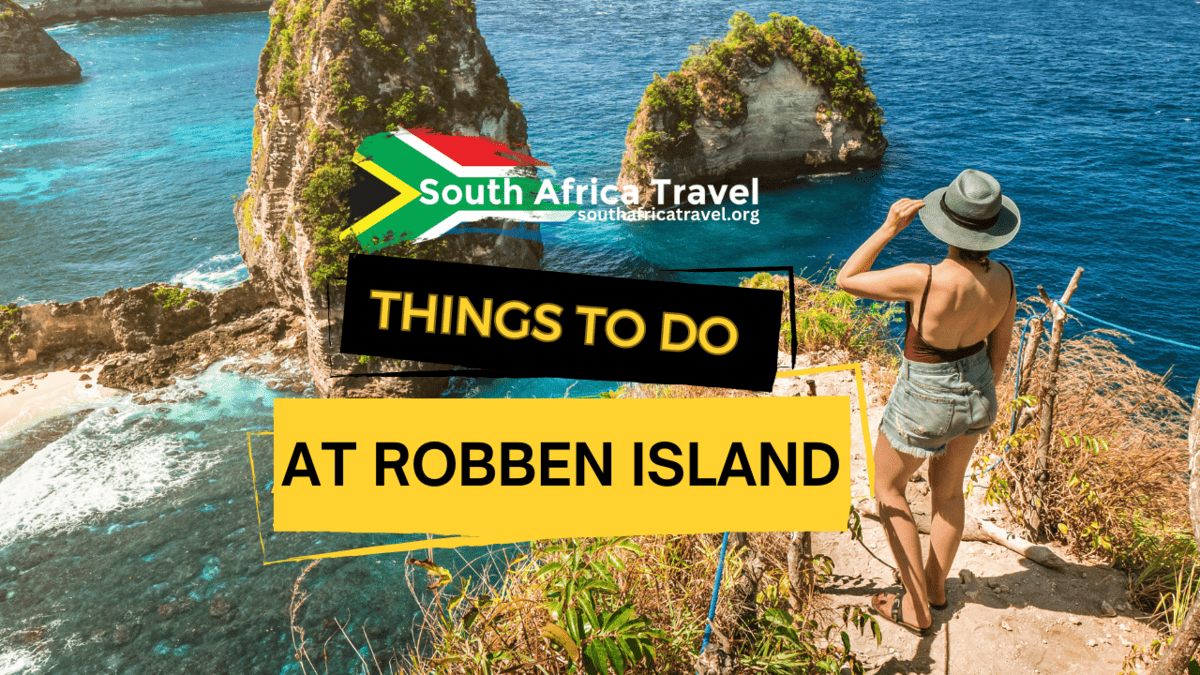#robbenisland #topattractions #thingstodo #populardestinations #museum #guidedtours #nelsonmandela #apartheid #historicaltours #mustvisit #prisontours #culturaltours
Robben Island, a small island off the coast of Cape Town, holds immense historical significance as a place where political prisoners, including Nelson Mandela, were held during apartheid.
Today, it stands as a living museum, offering visitors a chance to delve into South African history and experience a powerful journey of resilience and hope.
From the ferry ride over to exploring key landmarks like the graveyard of people who suffered from leprosy and the iconic Robben Island Lighthouse, this blog post will serve as your guide to the top things to do on this remarkable island. So, hop on board and let’s discover the rich heritage of Robben Island together.
1. Introduction to Robben Island
History and significance
Robben Island holds a significant place in South African history as a symbol of resistance against apartheid. The island, located off the coast of Cape Town, was originally used as a prison for political exiles and those considered threats to the apartheid regime. Nelson Mandela, one of the most iconic figures in the fight against apartheid, was imprisoned on Robben Island for 18 years.
Today, Robben Island has been transformed into a museum and UNESCO World Heritage Site, allowing visitors to learn about the island’s history and the struggles faced by political prisoners. A guided tour of the island provides insights into the harsh conditions endured by prisoners and the resilience and determination displayed by those who fought for freedom and equality.
While visiting Robben Island, there are several activities you can participate in to fully experience the island’s rich history:
1. Guided Prison Tour: The guided tour takes you through the prison complex, including the cells where political prisoners were held. You will hear personal stories from former prisoners, providing a firsthand account of their experiences.
2. Nelson Mandela’s Cell: One of the highlights of the tour is Nelson Mandela’s cell, where he spent 18 years of his imprisonment. This small space has been preserved and gives visitors a glimpse into Mandela’s life during his time on Robben Island.
3. Museum Exhibits: The museum on Robben Island features exhibits that delve into the history of the island, the anti-apartheid movement, and the struggle for freedom in South Africa. This is a great opportunity to learn more about the political climate and the incredible individuals who fought for change.
4. Wildlife and Nature: Robben Island is not only historically significant but also home to a diverse range of wildlife. During your visit, you may spot penguins, seals, and various bird species. The island’s natural beauty provides a stark contrast to the stories of struggle and resilience.
5. Mandela Gateway: Before departing for Robben Island, visitors pass through the Mandela Gateway, located at the V&A Waterfront in Cape Town. This building serves as an educational center and exhibition space, further enhancing your understanding of the island’s history.
Visiting Robben Island offers a unique opportunity to reflect on South Africa’s past and the triumph of democracy over oppression. It is a place of remembrance and an important reminder of the power of the human spirit in the face of adversity.
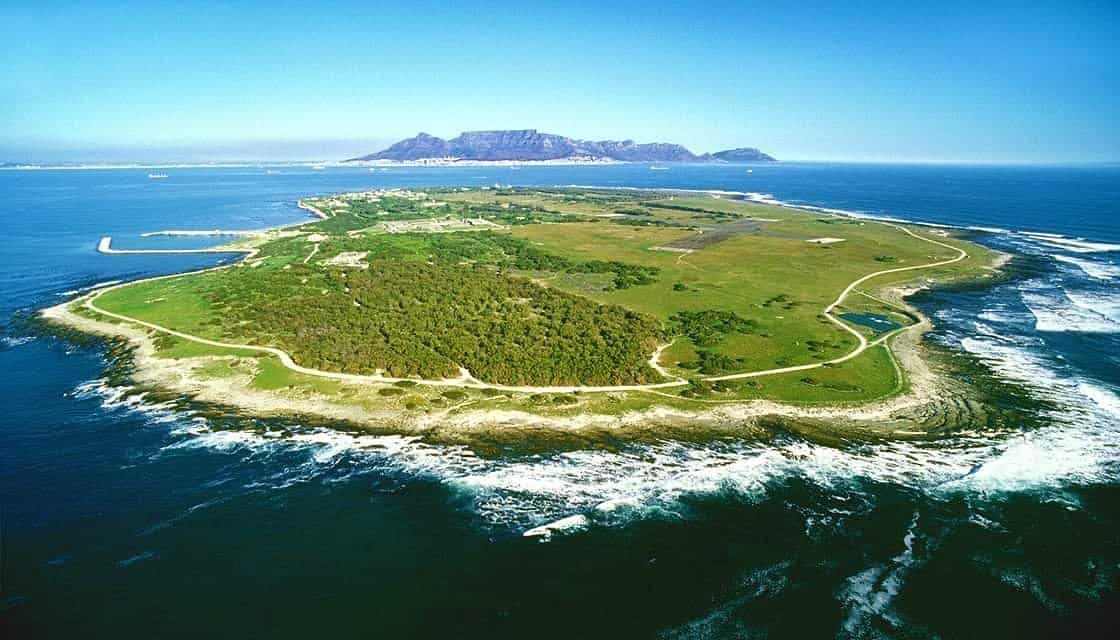
2. Guided Tours
Exploring the prison and historical landmarks
One of the main attractions of Robben Island is the guided tours, which provide visitors with a unique opportunity to explore the prison and historical landmarks on the island. These tours offer a fascinating insight into the history and significance of Robben Island. Here are some key highlights of the guided tours:
1. Nelson Mandela’s Cell: One of the highlights of the tour is a visit to Nelson Mandela’s prison cell, where he spent 18 years of his 27-year prison sentence. The cell has been preserved as a museum and offers a glimpse into Mandela’s life during his time on the island.
2. Maximum Security Prison: Visitors can also explore the maximum-security prison, where political prisoners were held during the apartheid era. This part of the tour provides a sobering look at the harsh conditions and the struggles faced by the prisoners.
3. The Lime Quarry: The tour also includes a visit to the lime quarry, where political prisoners, including Nelson Mandela, were forced to perform hard labor. Today, the site serves as a symbol of resilience and determination.
4. Tour Operators: Former political prisoners lead the guided tours and provide a firsthand account of their experiences on the island. These Tour Operators provide a unique perspective and personal stories that bring the history of Robben Island to life.
5. Wildlife and Natural Beauty: In addition to the historical landmarks, Robben Island also boasts stunning natural beauty and wildlife. Visitors may spot penguins, seals, and various bird species during the tour, adding to the overall experience.
Visiting Robben Island and taking a guided tour is a truly immersive and educational experience. It allows visitors to learn about the island’s history, pay tribute to the struggle against apartheid, and gain a deeper understanding of South Africa’s past.

3. Nelson Mandela’s Cell
Visiting the iconic cell
No visit to Robben Island is complete without a visit to Nelson Mandela’s cell. As one of the most significant figures in South Africa’s history, Nelson Mandela spent 18 of his 27 years in prison on Robben Island.
Visiting Mandela’s cell is a powerful and emotional experience, allowing visitors to gain insight into the conditions in which he lived and the sacrifices he made for the freedom of South Africa. The small cell is preserved as it was during Mandela’s imprisonment, providing a glimpse into his daily life.
While in the cell, visitors can see the minimal furnishings and imagine the isolation and hardship Mandela endured during his time on the island. The experience serves as a reminder of the resilience and determination that Mandela embodied throughout his struggle against apartheid.
The profound sense of history and the spirit of resiliency that linger inside Mandela’s cell frequently move visitors. It is a place of reflection, honoring the struggle and sacrifices of those who fought for freedom and equality in South Africa.
Robben Island’s historical significance and the opportunity to visit Nelson Mandela’s cell make it a must-visit destination for anyone interested in South Africa’s history and the legacy of one of the world’s most influential leaders.

4. Wildlife and Nature
Spotting wildlife and enjoying the natural beauty
Robben Island offers a unique opportunity to experience South Africa’s diverse wildlife and breathtaking natural beauty. Here are some activities you can enjoy on the island:
1. Penguin Watching: Robben Island is home to a colony of African penguins, also known as jackass penguins. Visitors can observe these adorable creatures in their natural habitat, waddling along the shores and swimming in the crystal-clear waters.
2. Bird Watching: The island is a haven for birdwatchers, with over 132 different bird species documented on the island. You can spot a wide variety of birds, including seagulls, cormorants, terns, and the iconic African black oystercatcher.
3. Nature Walks: Explore the island’s scenic trails and take in its natural beauty. The island boasts stunning flora, including fynbos, an indigenous South African shrubland, and breathtaking views of the surrounding ocean.
4. Historical Sites: While not directly related to wildlife and nature, Robben Island is steeped in history. The island served as a prison during South Africa’s apartheid era, and visitors can take guided tours to learn about its significant historical events.
For wildlife enthusiasts and nature lovers, Robben Island offers a truly unforgettable experience. Don’t forget to bring your camera to capture the island’s stunning landscapes and unique wildlife encounters.
5. Apartheid Museum
1. Exhibits: The museum features a wide range of exhibits that cover various aspects of apartheid, including its origins, implementation, resistance, and eventual dismantling. These exhibits provide a comprehensive understanding of the policies and practices that shaped South Africa’s history.
2. Multimedia Presentations: The museum utilizes multimedia presentations, including audio and video recordings, to engage visitors and bring historical events to life. These presentations provide firsthand accounts and personal stories from individuals who experienced apartheid.
3. Nelson Mandela Exhibition: One of the most significant exhibits in the museum is dedicated to Nelson Mandela, the iconic anti-apartheid activist and former president of South Africa. This exhibition showcases his life and the struggle for freedom and equality.
4. Reflection Room: The museum also includes a Reflection Room, a quiet space where visitors can reflect on their experience and engage in dialogue about the lessons learned from apartheid.
Visiting the Apartheid Museum provides a deeper understanding of South Africa’s history and the long-lasting effects of apartheid. It is an essential educational and cultural experience that should not be missed when exploring the country.
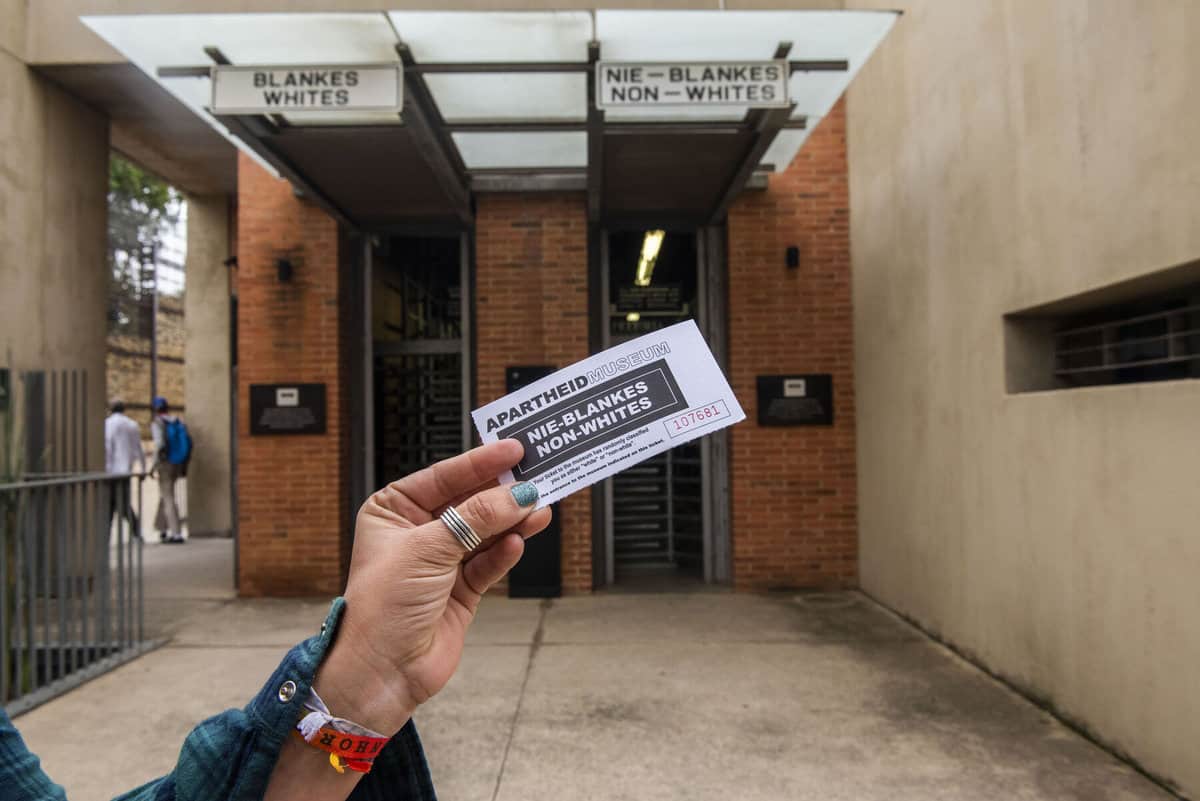
6. Robben Island Museum
Exploring the exhibitions and displays
The Robben Island Museum offers visitors a unique opportunity to learn about the rich history and significance of this UNESCO World Heritage Site. Here are some of the exhibitions and displays that you can explore during your visit:
- Guided Tours: Join a guided tour of the island with a former political prisoner who will share first-hand accounts of their experiences while held captive. These tours offer a moving and informative insight into the struggle against apartheid and the resilience of the human spirit.
- Maximum Security Prison: Visit the maximum security prison, where icons of the anti-apartheid movement such as Nelson Mandela and Walter Sisulu were imprisoned for many years. Explore the prison cells and gain a deeper understanding of the harsh conditions endured by the political prisoners.
- Museum Exhibitions: The museum features a range of exhibitions that showcase the history, culture, and struggles of South Africa. These exhibitions include photographs, documents, and the personal belongings of the prisoners, providing a tangible connection to their stories.
- Limestone Quarry: Visit the limestone quarry, where apartheid political prisoners were forced to perform hard labor. The quarry serves as a reminder of the grueling conditions endured by those incarcerated on the island.
- Apartheid Era Barracks: Explore the barracks that housed prison staff during the apartheid era. These buildings now house exhibitions that highlight the institutionalized racism and segregation of the time.
- Nelson Mandela Gateway: Begin your journey to Robben Island at the Nelson Mandela Gateway in the V&A Waterfront. This modern facility serves as the departure point for the ferry to the island and contains exhibits on Mandela’s life and legacy.
Visiting the Robben Island Museum is not only an educational experience but also an opportunity to reflect on the struggle for freedom and justice. It is a testament to the resilience and triumph of the human spirit in the face of adversity.
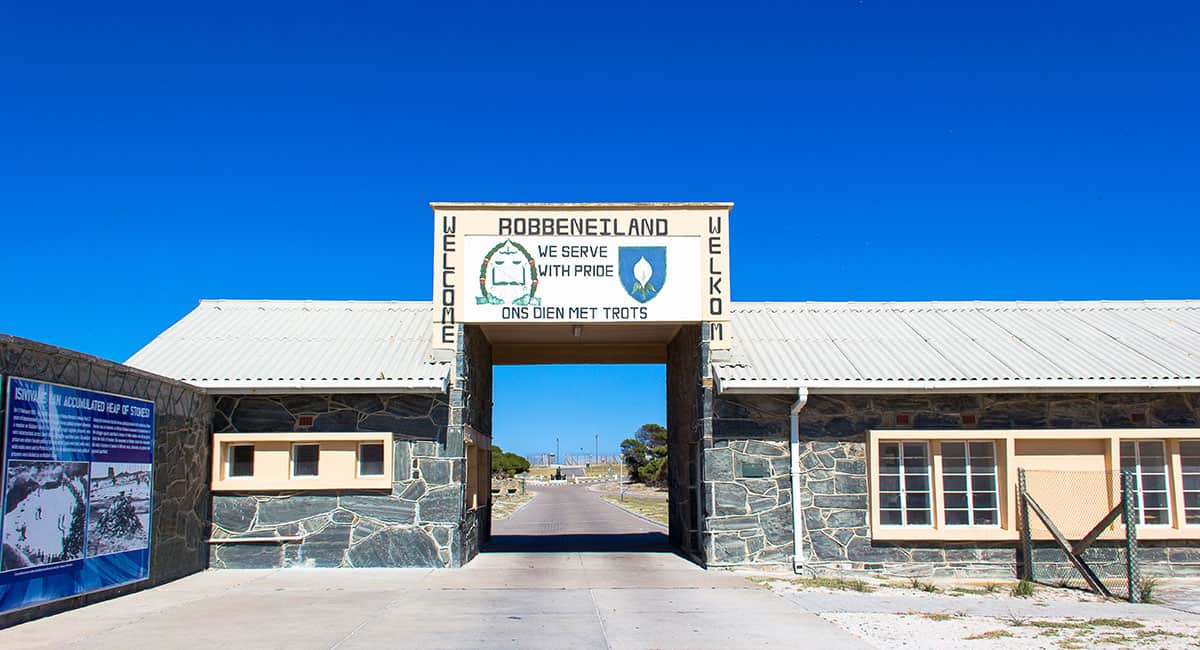
7. Lighthouses and Viewpoints
Taking in the stunning views
As you explore Robben Island, be sure to visit the Lighthouse and its accompanying viewpoints. These locations offer breathtaking views of the island, the surrounding ocean, and the Cape Town skyline. Here are some things you can experience at the Lighthouse and viewpoints:
1. Panoramic Views: From the Lighthouse and viewpoints, you can enjoy panoramic views of the entire island. Take in the beauty of the rugged coastline, the turquoise waters, and the diverse wildlife that call Robben Island home.
2. Photo Opportunities: The Lighthouse and viewpoints provide excellent photo opportunities. Capture the stunning landscapes and memories of your visit to this historically significant island.
3. Bird Watching: The island is home to a variety of bird species, making it a paradise for bird watchers. From the Lighthouse, you can spot majestic seabirds soaring above the island and nesting along the coastline.
4. Historical Significance: The Lighthouse itself is of historical significance. Built in 1864, it has played a crucial role in guiding ships safely through the waters surrounding the island. Learn about the lighthouse’s history and its importance to maritime navigation.
Whether you’re interested in capturing the perfect photo, learning about the island’s history, or simply taking in the stunning views, a visit to the Lighthouse and viewpoints on Robben Island is a must-do activity in the city of Cape Town, South Africa.
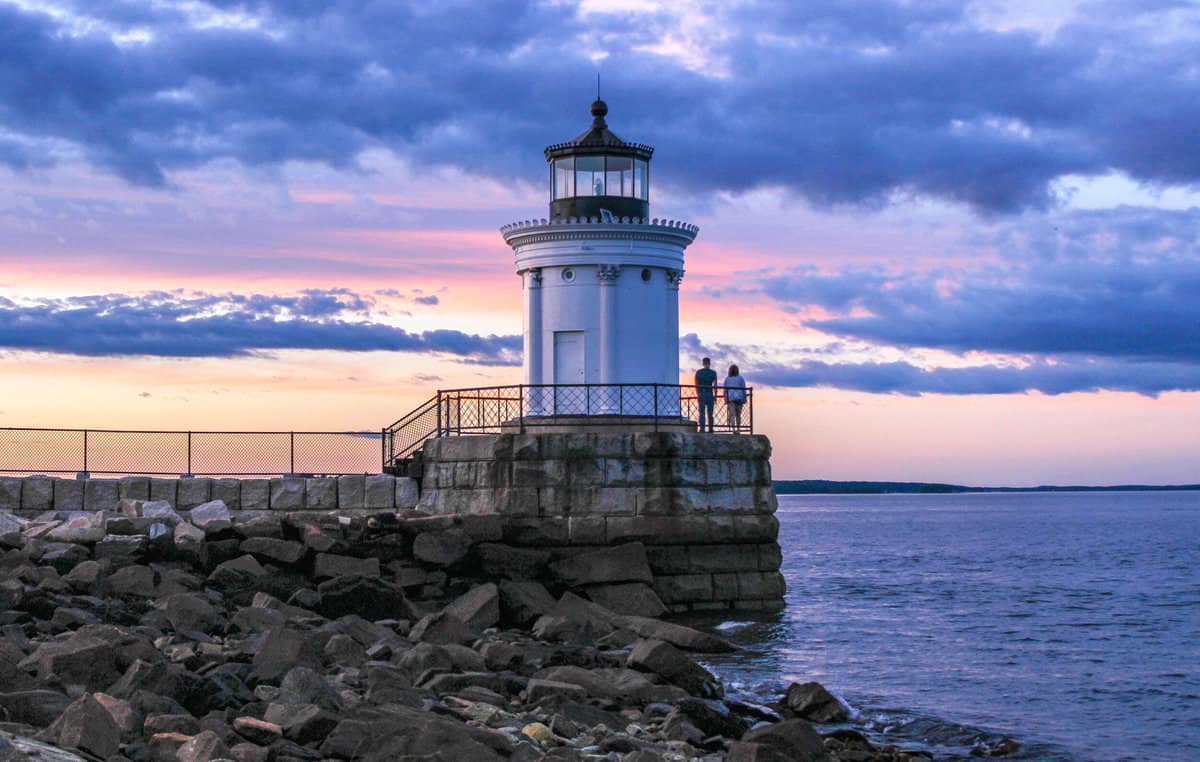
8. Penguin Colony
Observing the adorable penguins
Robben Island is not only known for its historical significance but also for its diverse wildlife. One of the most popular attractions on the island is the penguin colony, where visitors can observe these adorable creatures in their natural habitat. Here are some highlights of the penguin colony on Robben Island:
1. African Penguins: The penguin colony on Robben Island is home to a significant population of African penguins, also known as jackass penguins. These charming creatures waddle around, creating a unique and delightful sight for visitors.
2. Conservation Efforts: The penguin colony on Robben Island is part of ongoing conservation efforts to protect and preserve African penguins. Visitors can learn about the conservation projects and the challenges facing these endangered species.
3. Up-Close Encounters: Visitors have the opportunity to get up close to the penguins and observe their behavior. Watching them swim, dive, and interact with each other is a memorable experience.
4. Educational Experience: The penguin colony provides an educational experience for visitors of all ages. Learning about the biology, behavior, and conservation efforts of African penguins helps raise awareness about the importance of protecting these unique creatures.
Visiting the penguin colony on Robben Island is a must-do activity for wildlife encounters. It offers a unique opportunity to observe and appreciate the beauty of African penguins in their natural environment.

9. Prison Museum
Getting insights into the lives of prisoners
One of the must-visit attractions on Robben Island is the Prison Museum. This historical site offers visitors a unique opportunity to learn about the lives of prisoners who were once held here during the apartheid era. The museum is located in the former prison and provides valuable insights into the harsh conditions and struggles faced by political prisoners.
Here are some of the highlights of the Prison Museum:
- Historical Exhibits: The museum houses a collection of exhibits that depict the history of Robben Island as a political prison. Visitors can explore displays of photographs, artifacts, and personal stories of former prisoners, providing a deeper understanding of the island’s past.
- Cell Tour: One of the most poignant aspects of the museum is the opportunity to tour the actual prison cells. Visitors can step into the small, cramped cells and experience the confined spaces where the prisoners were held for years. It is a sobering reminder of the sacrifices made by those who fought against apartheid.
- Guided Tours: The museum offers guided tours conducted by former political prisoners themselves. These tours provide firsthand accounts of prison life and the struggles faced by the inmates. Visitors can listen to personal stories and gain a unique perspective on the history of Robben Island.
- Nelson Mandela’s Cell: One of the most significant cells in the prison is the one where Nelson Mandela was held for 18 of his 27 years in captivity. This cell has been preserved and allows visitors to see the conditions in which Mandela lived during his time on the island.
- Education and Awareness: The Prison Museum serves as an educational resource, seeking to raise awareness about the injustices of apartheid and promote reconciliation. It plays a vital role in preserving the island’s history and ensuring that future generations understand the struggles and sacrifices made by those who fought for freedom.
Visiting the Prison Museum on Robben Island is a powerful and educational experience. It offers a glimpse into a dark chapter in South Africa’s history and serves as a reminder of the importance of human rights and equality. It is a must-visit for anyone interested in learning more about the country’s past.
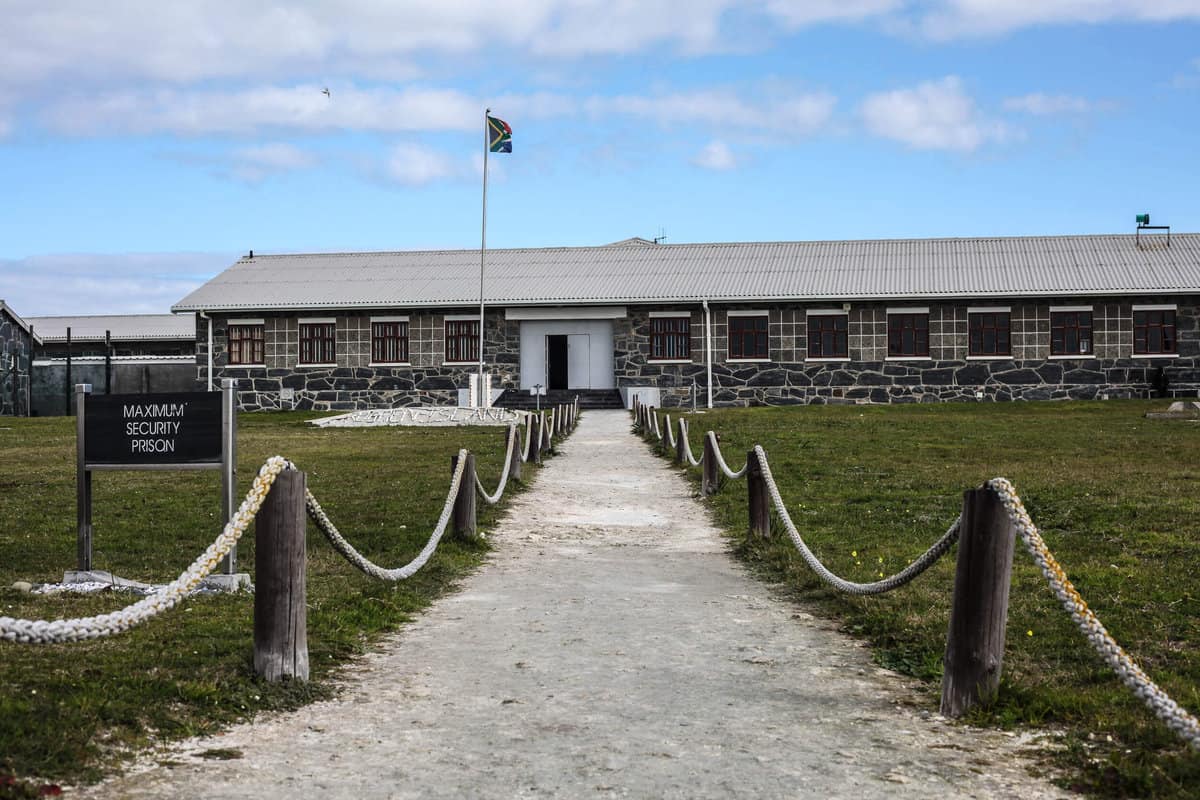
10. Cultural Performances
Enjoying vibrant cultural performances
Robben Island offers visitors the opportunity to experience vibrant cultural performances that showcase the rich heritage and history of the island. These performances are a testament to the resilience and spirit of the people who lived and fought for justice on the island. Here are some of the cultural performances you can enjoy during your visit to Robben Island:
1. Music and Dance: Immerse yourself in the rhythms and melodies of traditional music and dance performances. Experience the energy and passion of talented performers as they share their cultural heritage through music and dance.
2. Storytelling: Listen to captivating stories and narratives that highlight the history and struggles of the island. From tales of apartheid resistance to personal stories of former political prisoners, these stories provide a glimpse into the lived experiences of those who were incarcerated on Robben Island.
3. Theater Performances: Watch theatrical performances that portray significant moments in the island’s history. These performances bring to life pivotal events and allow visitors to engage with the narratives on a deeper level.
4. Art Exhibitions: Explore art exhibitions that showcase the work of local artists and their interpretations of Robben Island. These exhibitions often incorporate different mediums, such as paintings, sculptures, and installations, to shed light on various aspects of the island’s history and culture.
By participating in these cultural performances, visitors not only gain a deeper understanding of Robben Island’s history but also support the preservation of its cultural heritage. It’s a unique opportunity to engage with the island’s vibrant community and learn from their stories of resilience and hope.
Robben Island holds a significant place in South Africa’s history, and the cultural performances offered on the island are a valuable addition to any visitor’s itinerary.

11. Conclusion
Visiting Robben Island is a unique and meaningful experience that offers insights into South Africa’s troubled history and the triumph of Nelson Mandela’s fight against apartheid. Here are some final tips for visiting Robben Island and some closing thoughts on the experience:
Tips for visiting Robben Island
- Book in advance: Due to the popularity of Robben Island as a tourist destination, it is recommended to book your tickets well in advance to secure your spot on the ferry and the guided tour.
- Bring water and snacks. There are no food or drink facilities available on the island, so it is advisable to bring your own water and snacks to stay hydrated and energized during the tour.
- Dress appropriately. Robben Island can be quite windy, so it is best to dress in layers and wear comfortable shoes for walking.
- Follow the rules and regulations: Robben Island is a place of historical significance, and respect must be shown to the site. Follow the instructions of your tour guide and abide by any restrictions in place.
- Listen to the stories: The guides at Robben Island are often former political prisoners who can provide firsthand accounts of the conditions and struggles they endured during their time on the island. Take the time to listen to their stories and gain a deeper understanding of their history.
Overall, visiting Robben Island is a powerful experience that offers a glimpse into South Africa’s past and the resilience of the human spirit. It serves as a reminder of the importance of fighting for justice, equality, and freedom.
I hope you found this guide to Things to do on Robben Island helpful and informative. Whether you’re a history enthusiast, a nature lover, or simply seeking a unique adventure, Robben Island offers something for everyone.
Don’t forget to share your experiences and recommendations in the comments section below. And if you have any additional questions or need further assistance, feel free to reach out. Happy exploring!

